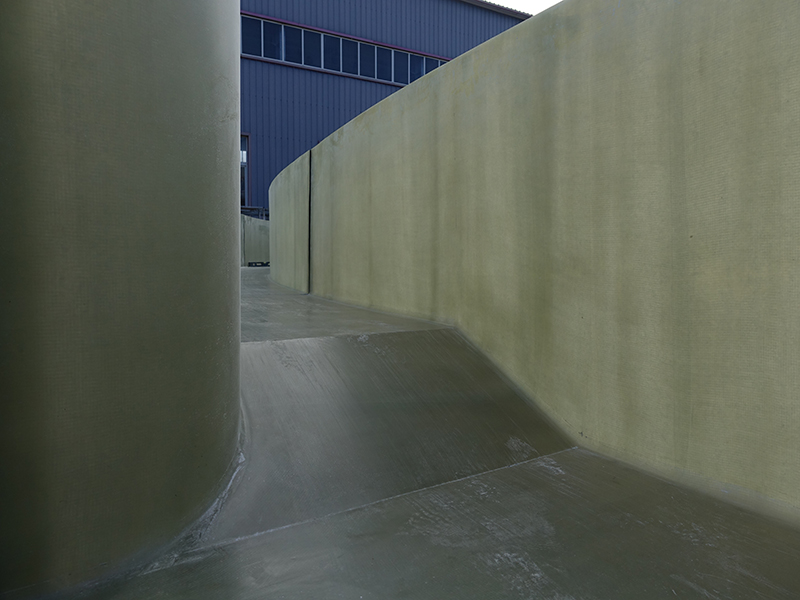
-
 Afrikaans
Afrikaans -
 Albanian
Albanian -
 Amharic
Amharic -
 Arabic
Arabic -
 Armenian
Armenian -
 Azerbaijani
Azerbaijani -
 Basque
Basque -
 Belarusian
Belarusian -
 Bengali
Bengali -
 Bosnian
Bosnian -
 Bulgarian
Bulgarian -
 Catalan
Catalan -
 Cebuano
Cebuano -
 China
China -
 China (Taiwan)
China (Taiwan) -
 Corsican
Corsican -
 Croatian
Croatian -
 Czech
Czech -
 Danish
Danish -
 Dutch
Dutch -
 English
English -
 Esperanto
Esperanto -
 Estonian
Estonian -
 Finnish
Finnish -
 French
French -
 Frisian
Frisian -
 Galician
Galician -
 Georgian
Georgian -
 German
German -
 Greek
Greek -
 Gujarati
Gujarati -
 Haitian Creole
Haitian Creole -
 hausa
hausa -
 hawaiian
hawaiian -
 Hebrew
Hebrew -
 Hindi
Hindi -
 Miao
Miao -
 Hungarian
Hungarian -
 Icelandic
Icelandic -
 igbo
igbo -
 Indonesian
Indonesian -
 irish
irish -
 Italian
Italian -
 Japanese
Japanese -
 Javanese
Javanese -
 Kannada
Kannada -
 kazakh
kazakh -
 Khmer
Khmer -
 Rwandese
Rwandese -
 Korean
Korean -
 Kurdish
Kurdish -
 Kyrgyz
Kyrgyz -
 Lao
Lao -
 Latin
Latin -
 Latvian
Latvian -
 Lithuanian
Lithuanian -
 Luxembourgish
Luxembourgish -
 Macedonian
Macedonian -
 Malgashi
Malgashi -
 Malay
Malay -
 Malayalam
Malayalam -
 Maltese
Maltese -
 Maori
Maori -
 Marathi
Marathi -
 Mongolian
Mongolian -
 Myanmar
Myanmar -
 Nepali
Nepali -
 Norwegian
Norwegian -
 Norwegian
Norwegian -
 Occitan
Occitan -
 Pashto
Pashto -
 Persian
Persian -
 Polish
Polish -
 Portuguese
Portuguese -
 Punjabi
Punjabi -
 Romanian
Romanian -
 Russian
Russian -
 Samoan
Samoan -
 Scottish Gaelic
Scottish Gaelic -
 Serbian
Serbian -
 Sesotho
Sesotho -
 Shona
Shona -
 Sindhi
Sindhi -
 Sinhala
Sinhala -
 Slovak
Slovak -
 Slovenian
Slovenian -
 Somali
Somali -
 Spanish
Spanish -
 Sundanese
Sundanese -
 Swahili
Swahili -
 Swedish
Swedish -
 Tagalog
Tagalog -
 Tajik
Tajik -
 Tamil
Tamil -
 Tatar
Tatar -
 Telugu
Telugu -
 Thai
Thai -
 Turkish
Turkish -
 Turkmen
Turkmen -
 Ukrainian
Ukrainian -
 Urdu
Urdu -
 Uighur
Uighur -
 Uzbek
Uzbek -
 Vietnamese
Vietnamese -
 Welsh
Welsh -
 Bantu
Bantu -
 Yiddish
Yiddish -
 Yoruba
Yoruba -
 Zulu
Zulu
fiberglass fuel tank
The Advantages of Fiberglass Fuel Tanks
In recent years, the use of fiberglass fuel tanks has become increasingly popular across various industries, including boating, automotive, and aviation. The advantages of fiberglass over traditional materials like metal and plastic have made it a preferred choice for many applications. This article explores the benefits of fiberglass fuel tanks, their construction, and their impact on safety and environmental sustainability.
Durability and Resistance
One of the primary advantages of fiberglass fuel tanks is their impressive durability. Fiberglass is constructed from a composite of glass fibers and resin, resulting in a material that is both strong and lightweight. Unlike metal tanks, fiberglass tanks do not corrode or rust, even when exposed to harsh environmental conditions. This corrosion resistance extends the lifespan of the tank and reduces the need for frequent replacements or maintenance. In addition, fiberglass tanks can withstand extreme temperatures, making them suitable for various climates and settings.
Lightweight and Ease of Installation
Another significant benefit of fiberglass fuel tanks is their lightweight nature. Compared to metal tanks, fiberglass tanks are considerably lighter, making transportation and installation easier. This characteristic is especially advantageous for boats and aircraft, where minimizing weight is critical for performance and fuel efficiency. The reduced weight also lessens the structural load on vehicles, leading to improved handling and stability.
Environmental Impact
fiberglass fuel tank

Fiberglass fuel tanks also contribute positively to environmental sustainability. The non-corrosive nature of fiberglass reduces the risk of leaks and spills, which can have devastating effects on the environment. Many fiberglass tanks are designed with double-walled construction, adding an extra layer of protection against leaks. This design not only enhances safety but also complies with strict environmental regulations governing fuel storage. By minimizing environmental risks, fiberglass tanks help companies avoid costly fines and legal issues associated with fuel spills.
Cost-Effectiveness
While the initial cost of fiberglass fuel tanks may be higher than steel or plastic alternatives, their long-term cost-effectiveness cannot be overlooked. The durability and low maintenance requirements of fiberglass tanks mean that they can provide significant savings over time. Since fiberglass tanks do not require regular replacement due to corrosion, businesses can save on both material costs and labor expenses associated with maintenance. Moreover, the potential for fuel loss due to leaks is significantly lower with fiberglass tanks, further enhancing their economic viability.
Safety Considerations
Safety is paramount when it comes to fuel storage, and fiberglass tanks excel in this area. The non-conductive nature of fiberglass mitigates the risk of static electricity ignition. Additionally, the aforementioned double-walled design allows for constant monitoring of the tank's integrity. Any indication of leaks can be easily detected, allowing for immediate corrective action. These safety features are especially crucial in industries where fuel is stored in proximity to sensitive environments or populated areas.
Conclusion
In conclusion, fiberglass fuel tanks offer numerous advantages that cater to the increasing demands of safety, durability, and environmental sustainability. With their corrosion resistance, lightweight structure, and cost-effectiveness, they present a compelling alternative to traditional metal and plastic tanks. As industries continue to prioritize safety and environmental responsibility, the use of fiberglass fuel tanks is likely to become more widespread. Whether in marine applications, automotive uses, or aviation, the benefits of fiberglass fuel tanks position them as a forward-thinking solution for modern fuel storage needs. As the industry adapts to technological advancements and regulatory challenges, fiberglass tanks are set to play a crucial role in the future of fuel storage.
Latest news
-
Exploring the Benefits of Top Hammer Drifter Rods for Enhanced Drilling PerformanceNewsJun.10,2025
-
High-Precision Fiberglass Winding Machine for GRP/FRP Pipe Production – Reliable & Efficient SolutionsNewsJun.10,2025
-
FRP Pipes & Fittings for Shipbuilding - Corrosion-Resistant & LightweightNewsJun.09,2025
-
Premium FRP Flooring Solutions Durable & Slip-ResistantNewsJun.09,2025
-
Premium Fiberglass Rectangular Tanks Durable & Lightweight SolutionNewsJun.09,2025
-
Tapered Drill String Design Guide Durable Performance & UsesNewsJun.09,2025









